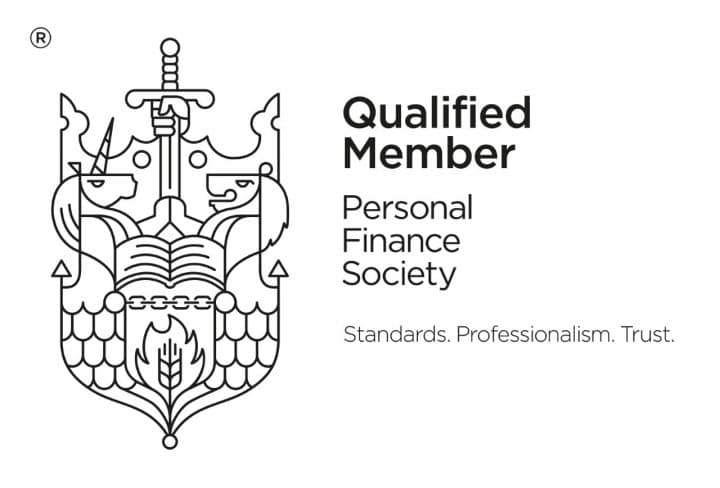The quest for a good financial adviser can often feel like searching for a needle in a haystack. However, the journey can become significantly easier once you understand what to look for, where, and the types of financial advice available. This article will serve as your comprehensive guide to finding a good financial adviser to help you navigate the world of financial planning.
The Need to Find a Financial Adviser
Whether planning for retirement, saving for a big purchase, or just seeking to improve your financial situation, a financial adviser can offer invaluable assistance. They can help you make informed financial decisions and chart a course towards your financial goals by providing expert advice tailored to your specific circumstances.
Understanding Different Types of Financial Advice
Financial advisers provide further financial advice based on their expertise and qualifications. This can range from investment advice, retirement, and estate planning to tax strategies. It’s essential to identify your financial needs before embarking on the search for an adviser, as this will guide you in choosing the type of adviser you require.
Finding the Right Fit: How to Choose a Financial Adviser
Choosing a financial adviser involves careful consideration of a range of factors. These include their qualifications, experience, services offered and fee structure. Selecting an adviser registered with a reputable body such as the Financial Conduct Authority is essential, which helps ensure they adhere to high professional and ethical standards.
Certified Financial Planner Qualifications
Consider looking for a certified financial planner (CFP) for comprehensive financial planning. CFPs have passed rigorous exams in various areas of financial planning and must adhere to ongoing education requirements, ensuring they stay up-to-date with the latest financial planning strategies.
Opting for an Independent Financial Adviser
An independent financial adviser (IFA) can provide unbiased advice on all types of financial products across the market. This makes them particularly suitable for individuals with complex financial needs. The key is finding an independent financial adviser with your best interests at heart.
Navigating the Costs: How to Pay for Financial Advice
Financial advisers’ fees can vary widely, depending on the type and complexity of the advice you need. Some charge a flat price, others a percentage of the assets they manage for you, and some may charge by the hour. Before you engage an adviser, understand their fee structure and what you’re getting for your money.
Getting Started: Where to Find a Good Financial Adviser
You can find a financial adviser through personal referrals, professional networks, or online directories of the Financial Planning Association or the Certified Financial Planner Board. It’s important to interview several advisers before settling on one to ensure they fit your needs well.
Getting Financial Advice: The Initial Meeting
Once you’ve found a potential adviser, arrange an initial meeting to discuss your financial goals and needs. Come prepared with a list of questions, such as their experience, approach to financial planning, and how they handle client communications. Remember, this meeting is also an opportunity to assess if you’re comfortable working with them.
Wrapping Up: The Journey to Finding Your Financial Guide
Finding a good financial adviser may require effort, but the potential benefits to your financial health can be significant. Following these steps, you can find a qualified, reliable, and compatible adviser to guide your financial journey. Remember, the objective is to find a financial adviser and the right one for you.






